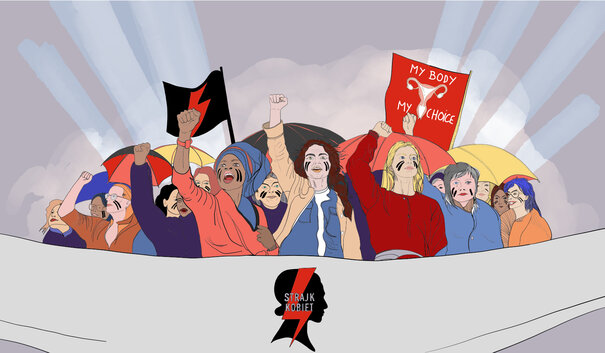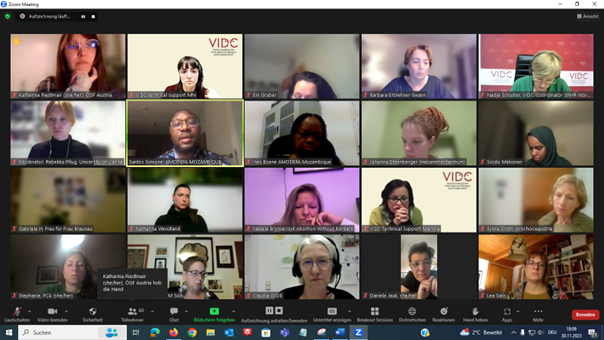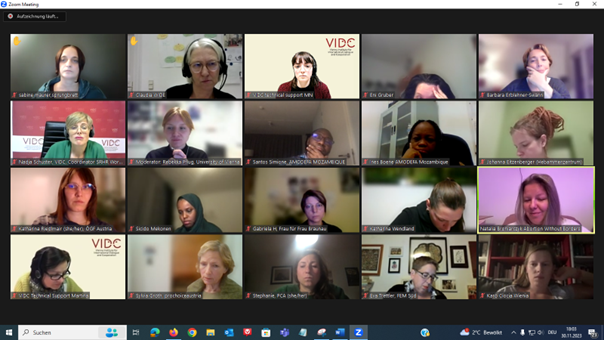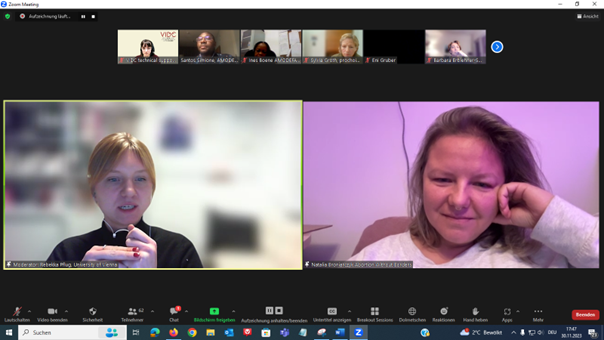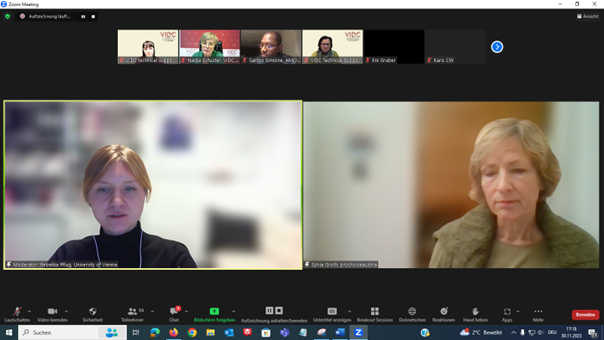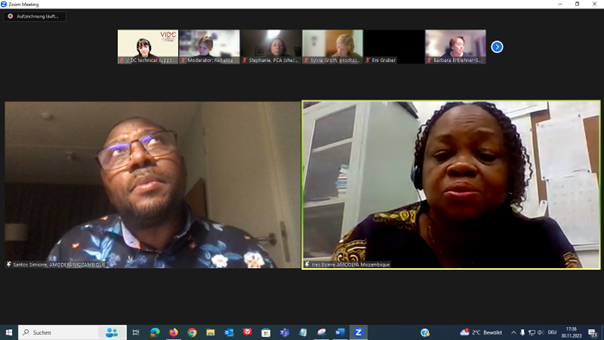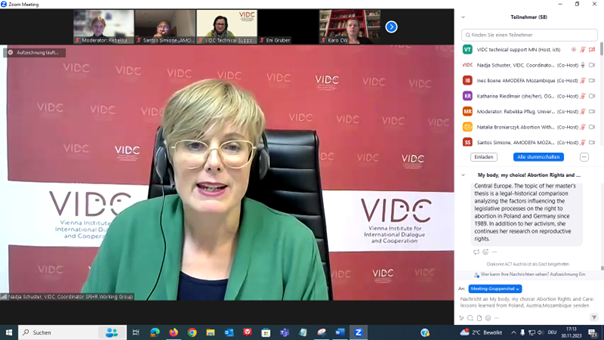The workshop focused on the nuanced landscape of abortion laws and practices, examining case studies from Austria, Mozambique, and Poland. Delving into legal stipulations, challenges, and activist responses, participants have gained insights into the complexities surrounding reproductive rights in the global context. Through interactive discussions, a better understanding of the challenges related to abortion rights was fostered and strategies for advancing reproductive freedom were explored. More than 60 participants representing different (sexual and reproductive) health institutions, counseling centers, activist networks, NGOs in the field of development cooperation took part in the workshop. Students, professors and midwifes were also among them.

Legal stipulations and challenges: Austria
Abortion is still criminalized under the penal code in Austria. The “Fristenlösung”, firstly introduced into the legal sphere in 1975, does make amends and allows abortions within the first three months of pregnancy. Nevertheless, the fact remains, that abortion is still the only medical procedure regulated under the penal code and thereby discriminates women directly. These legal boundaries allow for a number of different challenges to abortion rights in Austria. According to Sylvia Groth, a high-level expert and Pro choice Austria activist, there is no official (anonymous) statistic of abortions. As a result of this, there is a significant lack of knowledge about how the medical procedures are performed, about their benefits and risks, costs, and where to go to for certain procedures. Apart from the fact that abortions are not taught as part of the curriculum within medical school, there is also the issue of the conscious clause, which allows for doctors to simply refuse the termination of an unwanted pregnancy. The conscious clause can be seen as a direct result of societal stigmatization. The greatest challenges for abortion rights in Austria are located on a legal as well as political level: Ever since the implementation of the “Fristenlösung”, there has not been any wide-spread call for action regarding legalizing (or further decriminalizing) abortion. The political discourse around the topic has focused on what had been achieved so far and has not been considering other implementation challenges since 1975. Therefore, questions to the accessibility of abortion throughout the country and the necessary covering of the costs of the procedure (which range between 350 - 900 €) by the state must be pushed more strongly.
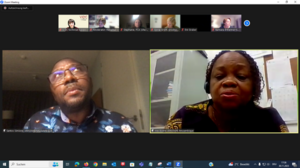
Progressive laws and implementation challenges: Mozambique
Even though Mozambique’s abortion laws are amongst the most progressive ones in Africa – with abortion being possible up to the 12 week of pregnancy – problems are ranging from accessibility to social stigma. Abortions are financially covered by the state in Mozambique, but to confirm the legality of the abortion (e.g. that the pregnancy has not extended the 12-week span) women must present “proof” by providing an ultrasound-scan to get access to the medical procedure. The resources to do this ultrasound are not widely available and apart from that, they are not covered by the state, as stated by Santos Simione and Inés Boene of AMODEFA. However, the biggest problem regarding abortion rights is the stigmatization, in particular in rural areas. This leads to lots of women never even considering the possibility of a safe and legal termination of an unwanted pregnancy. In addition, abortion rights cannot be executed if there is a lack of information about the abortion laws and services and no constant funding to disseminate information due to the Global Gag Rule. In rural areas, where the church and its societal networks are crucial to the community, it is particularly easy to set anti-abortion agendas.
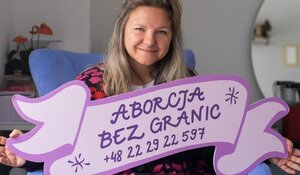
Restrictive laws and activist response: Poland
Poland maintains one of the most restrictive abortion laws in Europe. Enacted in 1993, the legislation permits abortion solely in cases of criminal acts or when the life of the pregnant person is in imminent danger. This narrow interpretation, coupled with a conscientious clause, means that doctors, rather than pregnant women, face criminalization for performing abortions. This “loophole” has since been used by abortion rights activists such as Natalya Broniarczyk of Abortion without Borders, who have formed broad alliances within civil society. Abortion activists have gained nation-wide attention through the “black protest” following the tribunal decision to make abortions even less accessible in 2020. They have had a significant impact on the lives of women by providing scientifically funded information, support as well as medication to terminate a pregnancy. Their international network allows them to not only offer information on where to get abortion pills such as Misoprostol and how to properly use them but has also helped 3,000 women to terminate their pregnancy surgically in a country that has more progressive abortion laws such as the Netherlands, Germany or Austria. The Polish example has shown that abortion rights activists play a pivotal role in providing access to abortion services outside the legal system and state-controlled sectors (almost all abortions). The prevalence of abortion pills and the “creative” use of legal gaps underscore the resilience of the feminist movement.
The way forward – Going beyond institutional and legal change
Even though Mozambique and Austria do have the legal framework to allow abortions under certain circumstances, the reality has shown that normative changes are not enough. For example, just recently, the conservative government of Vorarlberg – an Austrian federal state in which only one doctor was performing abortions – has implemented abortions to be part of the infrastructure of the state-funded hospital in Bregenz. In order to truthfully implement laws that give every woman the right to choose, abortions should be available in every state-funded hospital. Nevertheless, the issue of scarcity of doctors who provide abortions, also in the private health sector, remains. It is crucial to keep pushing for change regarding accessibility of abortions in all of Austria and for the possibility of choosing between different procedures including medical abortions. Recent Polish elections have given hope to abortion rights activists in all of Europe that the ban on abortion might be lifted. Even though this would be a big step towards reproductive rights, we have seen that simply opening the legal framework is not enough. While legal and political change is needed to ensure safe and accessible abortion for all, we must not forget the impact the feminist civil society in Poland has, and therefore can have in other countries as well.
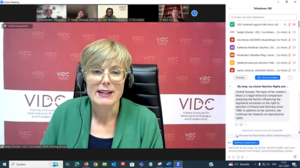
Building alliances and solidarity
Engaging with medical professionals also emerged as a key strategy. Organizations like Doctors for Choice Germany and the involvement of many doctors in the debate in Vorarlberg, demonstrated the power of a collaborative approach to supporting women's reproductive rights. The good news are that Doctors for Choice, an association of young pro-choice gynecologists and activists, is currently being established in Austria. In Mozambique’s case, we have seen the impact of civil society organisations like the Sexual and Reproductive Rights Network and of former Minister of Health and Prime Minister, Dr. Pascual Mocumbi, in fighting for a more progressive abortion law. The Polish abortion rights movement has also demonstrated the importance of a broad societal alliance in fighting for reproductive rights. Feminist movements need to be more vocal about reproductive autonomy. The broad feminist movement in Poland, “Strajk Kobiet“ (Women's Strike), that got great international support and out of which the International Women's Strike (coalition of more than 60 countries) was born, has shown, that by standing together in solidarity, organizing, speaking up and holding politicians accountable for their actions we can move forward towards our dream of safe, free and unstigmatized abortions for all. There is a long way to go, as we have seen, therefore its best to start now.
Nadja Schuster closed the workshop by encouraging all participants to break the silence, stop the tabooization and stigmatization by talking about abortions, sharing experiences and building strong alliances for reproductive autonomy.

